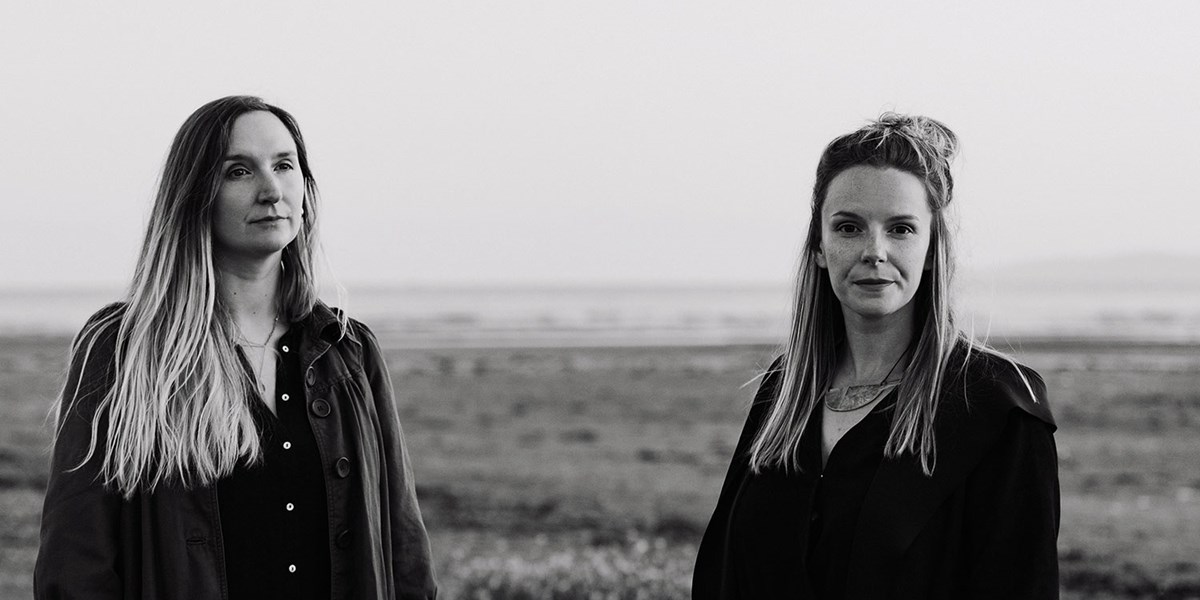Thursday, August 29, 2024
Rachel Newton and Lauren MacColl shine a light on the Scottish witch trials
Jo Frost speaks to Scottish folk artists Rachel Newton and Lauren MacColl whose Heal & Harrow project aims to raise awareness of the women who were persecuted as a result of the Scottish witch trials

Rachel Newton and Lauren MacColl (photo: Elly Lucas)

Register now to continue reading

Thanks for visiting the Songlines website, your guide to an extraordinary world of music and culture. Sign up for a free account now to enjoy:
- Free access to 2 subscriber-only articles and album reviews every month
- Unlimited access to our news and awards pages
- Our regular email newsletters

